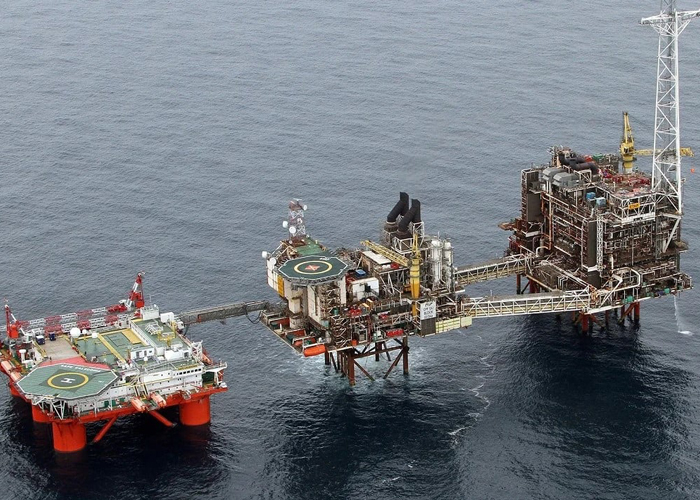
BP Announces Commencement of Production at Seagull North Sea Oil and Gas Field
Posted 06/11/2023 12:47
BP, a prominent oil major, revealed on Monday the initiation of production from the Seagull oil and gas field in the UK North Sea. Developed by Neptune Energy, the Seagull field serves as a subsea tieback to the BP-operated central processing facility (CPF) of the Eastern Trough Area Project (ETAP), located approximately 140 miles east of Aberdeen in the central North Sea.
Notably, the Seagull project played a vital role in supporting 800 jobs during the development phase, signaling its significant contribution to the regional economy. The field, positioned 10 miles south of the ETAP CPF, encompasses a four-well development scheme. Production is facilitated via a new three-mile subsea pipeline that integrates with the existing pipeline system, while a new 10-mile umbilical has been installed to establish a connection between the ETAP CPF and the Seagull field, ensuring seamless control, power, and communication services between the surface and seafloor.
BP highlighted that Seagull's production sustains continued operations through the ETAP CPF, supporting a workforce of 350 individuals, including 270 offshore workers and 80 onshore employees. Crude oil extracted from the Seagull field is exported through the Forties Pipeline System to Grangemouth in central Scotland, while gas is channeled to Teesside via the Central Area Transmission System.
Anticipated to reach a peak production rate of around 50,000 barrels of oil equivalent per day, the Seagull field marks a significant addition to the UK's ongoing efforts to bolster its domestic energy resources. Neptune Energy maintains a 35% stake in Seagull and operated the field during the development phase, overseeing well drilling and subsea equipment installation. BP, with a 50% stake, currently operates the production phase of the development, with JAPEX holding the remaining 15% interest in the field.
The ETAP hub, which commenced operations in July 1998, was initially projected to have a production life of 20-25 years, with decommissioning preparations expected to commence in 2023. However, a $1 billion investment in 2015 secured the hub's operational future well into the 2030s, signifying a strong commitment to the region's energy security. Additionally, the approval of Murlach, a future tieback to the ETAP CPF, in September 2023 has paved the way for further expansion of the hub, with production expected to commence in 2025.







